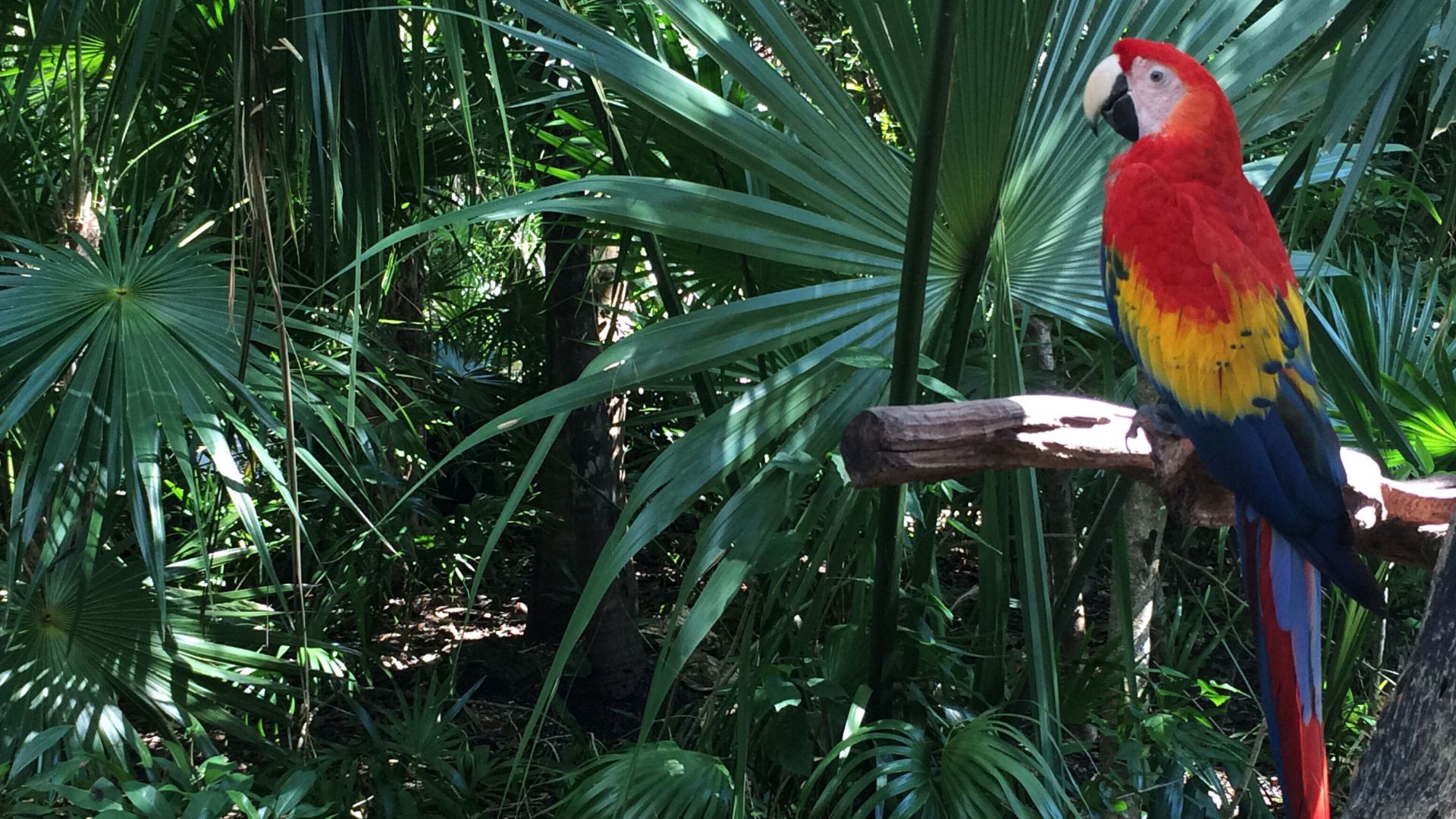UNIDO at COP15: Charting an industrialization path in harmony with nature path
13 December 2022

MONTREAL - The world is experiencing an unprecedented loss of biodiversity that may undermine development opportunities and exacerbate risks, particularly for the poor and most vulnerable. The loss of biodiversity is manifested in the deteriorating provision of ecosystem services, such as clean water and air, food security, and protection from environmental disasters, all of which are critical for human well-being and health.
To reverse this trend, more than a decade ago countries united to create a 10-year plan, sub-divided into 20 targets, for protecting and conserving natural systems. The plan, known as the Aichi Biodiversity Targets, expired in 2020 — and most of the targets were not reached. According to the Intergovernmental Science-Policy Platform on Biodiversity and Ecosystem Services, about one million plant and animal species face extinction, while biodiversity-rich ecosystems are rapidly degrading.
The second part of the fifteenth meeting of the Conference of the Parties to the Convention on Biological Diversity (CBD COP15) is taking place from 7 to 19 December 2022, hosted by Canada under the Presidency of the People's Republic of China.
CBD COP15 aims to adopt an ambitious new plan – the post-2020 Global Biodiversity Framework to provide a strategic vision and a roadmap for the conservation, sustainable use and restoration of biodiversity for the next decade. The framework is expected to lay out steps to halt and reverse biodiversity loss by 2030 and achieve the vision of living in harmony with nature by 2050.
Many of the 22 targets being negotiated at CBD COP15 under the new framework are of direct relevance to UNIDO’s mandate to promote inclusive and sustainable industrial development. These include reducing pollution from all sources; minimizing the impacts of climate change; integrating biodiversity in policy, planning and development processes; promoting sustainable patterns of consumption and production; facilitating access to innovation and technology, among others.
In pursuant of its mandate, UNIDO supports developing countries in a just transition to a circular and bio-based economy through the development of roadmaps and strategies, knowledge exchange and capacity-building, leveraging of technological and financial resources, and concrete projects on the ground. It also assists governments in meeting their commitments under the ozone and chemicals-related multilateral environmental treaties that provide tangible co-benefits for the biodiversity conservation.
At the recently concluded UNFCCC COP27 in Egypt, governments and other stakeholders emphasized that the climate change and biodiversity loss crises are intrinsically linked. UNIDO’s climate change portfolio incorporates numerous nature-positive components such as eco-industrial parks, circular agri-businesses, nature-based infrastructure and valuation of ecosystem services.
UNIDO’s mission at CBD COP15 will be to emphasize the paramount role industry can play in the conservation of biodiversity and restoration of ecosystems through the provision of innovative solutions and environmentally sound technologies.
As a member of the UN Environment Management Group and a partner of the United Nations Decade on Ecosystem Restoration, UNIDO is strongly committed to work with all stakeholders towards the adoption and implementation of the post-2020 Global Biodiversity Framework.
For further Information:
Yunrui Zhou, Associate Industrial Development Officer, Montreal Protocol Unit, UNIDO